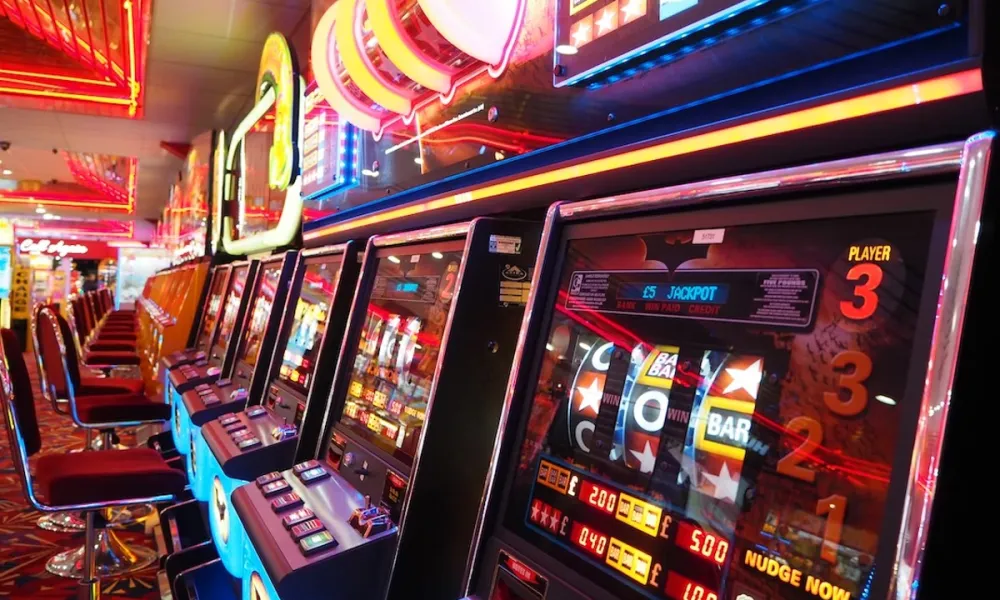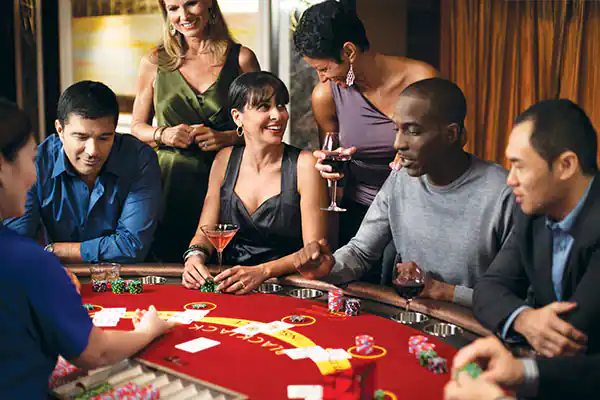
Online slot gaming involves rapid visual processing and precise motor responses that may contribute to enhanced hand-eye coordination development. Players must track multiple visual elements while executing timely button presses and screen interactions. Modern gaming interfaces demand quick reflexes and accurate targeting skills that could translate into improved coordination abilities. Slot168 gaming experiences require players to process visual information rapidly while coordinating precise finger movements and timing decisions. These repetitive actions create opportunities for improvement in motor skill development and reaction time over extended gaming sessions.
Reaction time development
Regular slot gaming sessions expose players to situations requiring split-second decision-making and immediate responses. The fast-paced nature of modern slot games demands quick recognition of winning combinations, bonus triggers, and interactive elements that appear unpredictably during gameplay. Players develop faster neural pathways between visual recognition and motor response through repeated exposure to time-sensitive gaming scenarios. These improved reaction times may transfer to real-world activities requiring quick hand-eye coordination, such as driving, sports, or workplace tasks involving precise manual dexterity. Constantly stimulating visual-motor connections during gaming sessions may strengthen the brain regions responsible for coordinating sight and movement. Neuroplasticity research suggests that repeated practice of coordinated visual-motor tasks can lead to measurable improvements in overall coordination abilities.
Visual tracking enhancement
- Slot games require continuous monitoring of multiple moving elements across screen interfaces
- Players must track spinning reels, animated symbols, and popup notifications simultaneously
- Multi-tasking visual attention during gameplay exercises peripheral vision and focus switching
- Complex game interfaces challenge players to process multiple information streams concurrently
Modern slot interfaces present complex visual environments that demand sophisticated tracking abilities. Players must monitor various screen regions simultaneously while maintaining awareness of changing game states, promotional notifications, and interactive opportunities that appear during gameplay sessions.
Motor skill refinement
- Precision clicking and timing coordination improve through repetitive gameplay interactions that require accurate finger placement and controlled pressure application. Touchscreen gaming particularly develops fine motor control as players must execute precise taps, swipes, and gesture combinations to navigate game interfaces effectively.
- Gaming sessions involving rapid button sequences or timing-based interactions may strengthen the muscle memory patterns that support improved hand-eye coordination in other activities. Developing precise motor control patterns during gaming could enhance performance in tasks requiring similar coordination skills.
- Hand positioning and finger dexterity are received through continuous exercise during extended gaming sessions, potentially improving overall manual coordination and control precision. These improvements may become evident in activities requiring similar fine motor skills and visual-motor integration.
Cognitive processing speed
- Slot gaming accelerates pattern recognition abilities through exposure to numerous symbol combinations
- Players develop faster decision-making processes when evaluating betting options and game strategies
- Information processing speed increases as players learn to assess multiple game variables quickly
- Memory recall improves for recognizing profitable game patterns and bonus trigger conditions
Enhanced cognitive processing contributes to better hand-eye coordination by reducing the mental delay between visual recognition and physical response. Faster information processing allows more efficient coordination between what players see and how they respond physically. Online slot gaming may improve hand-eye coordination through repeated visual-motor training and development during reaction time. Combining rapid visual processing requirements and precise motor responses creates conditions that could enhance coordination abilities. Coordination improvement depends on gaming frequency, session duration, and individual baseline abilities rather than gaming alone, producing guaranteed enhancement results.

